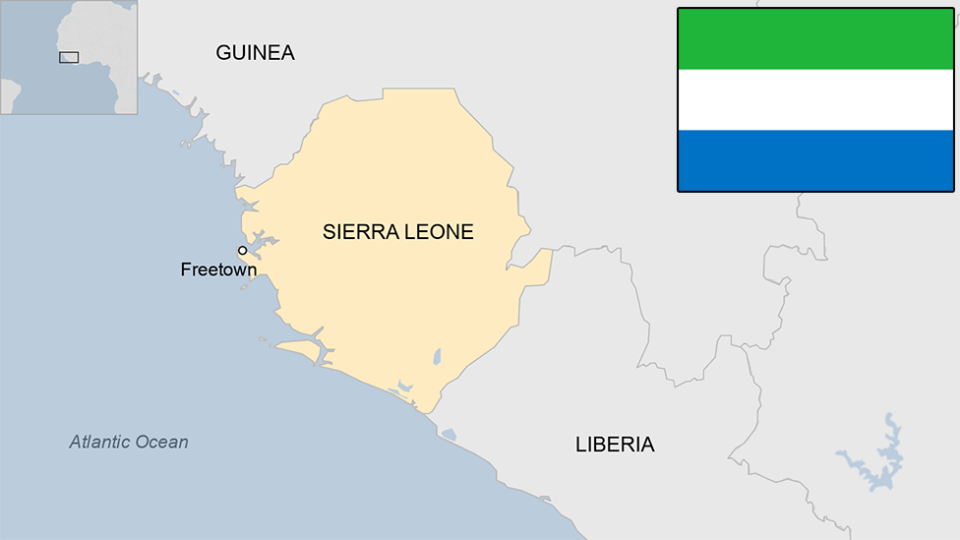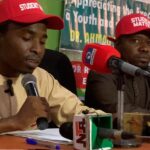Echoes of the civil war that ravaged Sierra Leone in the 1990s have reverberated in a policy research report which concluded that youth bulge and an unresponsive state were part of the background factors of the 11-year conflict that claimed thousands of lives in the West African country.
The report is the research work of two scholars at one of Africa’s notable public policy and multi competency firm, Nextier — Dr. Ben Nwosu, also a Senior Research Fellow at the Institute for Development Studies, University of Nigeria; and Dr. Ndu Nwokolo, who doubles as a Visiting Research Fellow at the Nathanson Centre on Transnational Human Rights, Crime, and Security at York University Canada.
In the report titled – Youth Bulge, Governance and Security in Post-conflict Sierra Leone – they highlighted that with Africa generally having over 60 per cent of its 1.4 billion population under the age of 25 years, 74.5 per cent of Sierra Leone’s population is made up of young people under the age of 35 years.
“Also, 65 per cent of the youth population within the employment age do not have access to secure and sustainable jobs. This creates a burden for governance and a significant risk for security as Sierra Leone emerged from two civil wars 22 years ago”, they wrote.
The Nextier researchers noted that Sierra Leone still faces the demographic crises of youth bulge and an absence of corresponding governance efforts to harness the potential and mitigate its dangers.
According to Nwosu and Nwokolo, “youth bulge and unresponsive state were part of the background factors of the eleven-year civil war. It is also the driver of electoral violence and emerging forms of urban violence, especially by cliques and gangs of young people”.
Thy argued that with the country’s economic outlook and poor state capacity, there is a danger of further unfolding the downside of youth bulge in the country.
To systematically and gradually mitigate the situation, they recommended some policy directions, which include education for skills, rights-based civic education to popularise formal ways of engaging the government, and security sector reforms to target corruption and lack of professionalism.
Nextier thus stresses that there should be institutionalised educational training focusing on practical skills while graduates of skill training programmes should be allowed tax holidays in their first few years of establishing their businesses, except those who go into paid jobs.
Also, sports should be used to harness talents in the country, primarily through sports academies; an donors, civil society organisations, and the government should lean towards the rights-based civic and democracy education model to build citizenship with skills to robustly explore the formal avenues for making demands on the government about their needs, transparency, and accountability.
“The fight against drugs should be heightened, while rehabilitation should be a top priority. Both government and development assistance agencies should undertake further security sector reform to curb corruption, strengthen law-enforcement institutions, and strengthen the state’s regulative capacity.
“The elite should not be contented in its economic stagnation and poverty equilibrium but interested in resolving development challenges”, the Nextier report stated.



